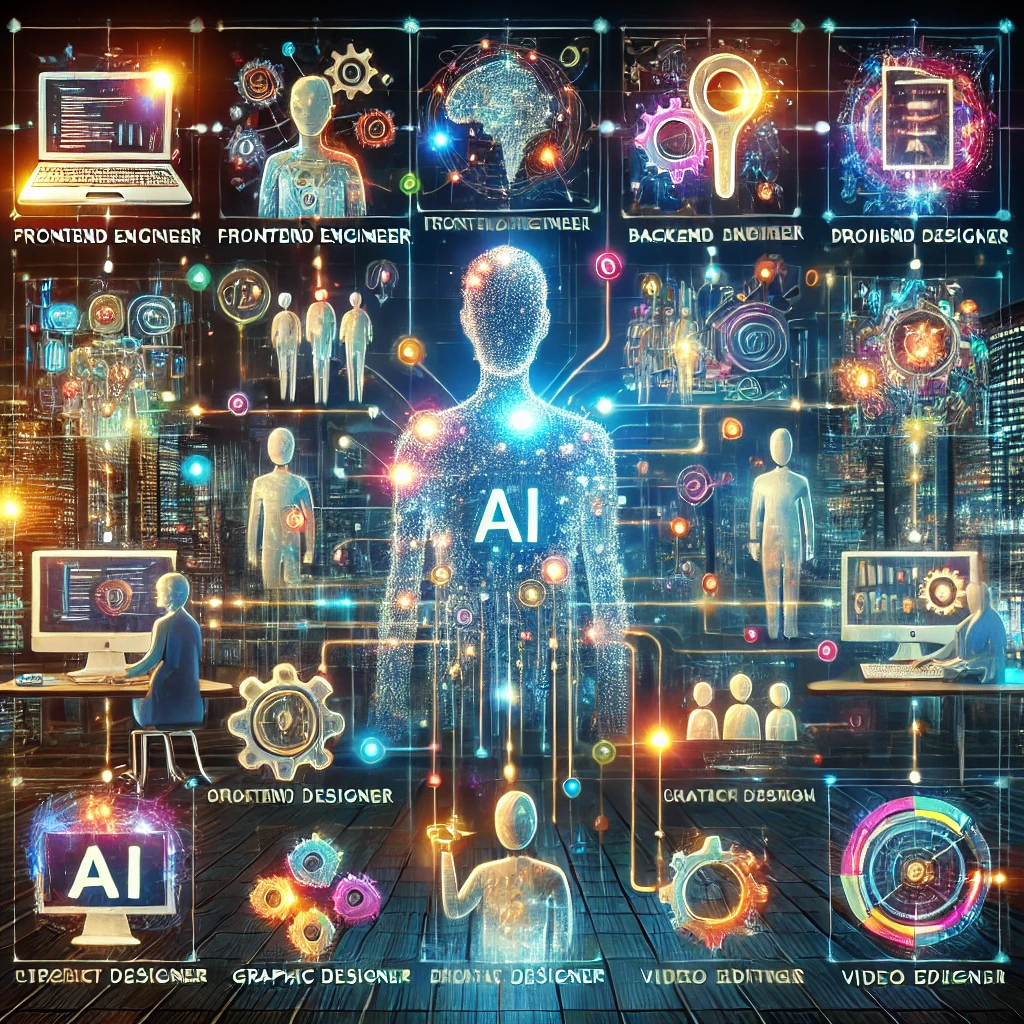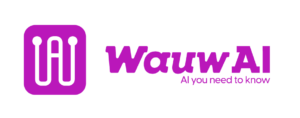
Recently, a Twitter post by a startup founder caught my eye. The post showcased their founding “team” – a team comprised entirely of AI tools. Here’s how they structured it:
- Frontend Engineer: Bolt.new
- Backend Engineer: Aider.chat
- Product Designer/Manager: Crew AI
- Content Creator: Claude
- Researcher: Perplexity
- Graphic Designer: Canva
- Video Editor: CapCut (with this link you get an extra 7 days for free for CapCut pro)
The kicker? This entire “team” comes to a cost of roughly $250 per month. That’s what this founder called bootstrapping.
For those seeking even more cost-efficient options, they provided a list of $0 AI tools they use daily:
The rise of AI teams: A paradigm shift
At first glance, this setup feels like a dream come true for aspiring entrepreneurs and lean startups. Traditionally, building a team—even a small one—would require substantial financial resources, not to mention the complexities of recruitment, training, and management. However, with AI tools, this barrier appears to vanish.
Consider the following advantages:
- Cost-Effectiveness: $250 per month is a fraction of a single employee’s cost. Even a $0 AI tool stack could handle several critical business functions for free.
- Scalability: Many AI tools are designed to grow with your needs, making them ideal for startups.
- Speed: AI tools can instantly execute tasks, from generating graphics to editing videos or conducting market research.
- 24/7 Availability: These tools don’t take breaks, vacations, or sick days, ensuring uninterrupted productivity.
The Caveats of an all-AI team
However, there’s a flipside to this narrative. As alluring as it sounds, replacing human teams entirely with AI tools raises some critical issues:
1. Limited Creativity and Context
While Canva and CapCut can help produce visually appealing content, they lack the nuanced creativity and strategic thinking a seasoned designer or editor brings. Similarly, tools like Crew AI might help manage projects, but they’re far from understanding complex team dynamics or long-term product vision.
2. Dependency on Third-Party Platforms
Relying solely on external AI tools can create significant risks. Platforms can change pricing, adjust features, or even shut down entirely, leaving businesses stranded.
3. Quality and Oversight
AI tools are excellent at handling specific tasks but often need human oversight to ensure quality. For example, using Perplexity for research may yield surface-level insights but miss deeper analysis or context.
4. Ethical and Legal Concerns
AI tools, particularly those trained on vast datasets, can sometimes generate biased or inaccurate outputs. Startups relying on these tools must remain vigilant about ethical implications and potential intellectual property issues.
A Balanced Approach
The idea of an all-AI team is undoubtedly fascinating and perhaps a glimpse into the future of work. However, it’s best viewed as a supplement rather than a replacement for human talent. Combining AI tools with a small but skilled human team can strike the right balance, leveraging both strengths.
AI tools can provide a fantastic starting point for startups on a tight budget. Still, as businesses grow, their investment in human expertise should also ensure creativity, strategy, and adaptability remain at the forefront.
Final Thoughts
The concept of an AI-only team raises profound questions about the future of work. Are we witnessing the dawn of a new era where algorithms replace traditional roles? Or is this just a hyper-efficient workaround for startups that will inevitably plateau without human intervention?
The answer likely lies somewhere in between. AI tools are powerful allies but are not yet ready to entirely replace human touch. Startups must tread carefully, leveraging AI’s potential while staying rooted in the value of human creativity and judgment.
What do you think? Is an AI-only team the future of startups, or is it a shortcut with hidden costs? Let’s discuss.

